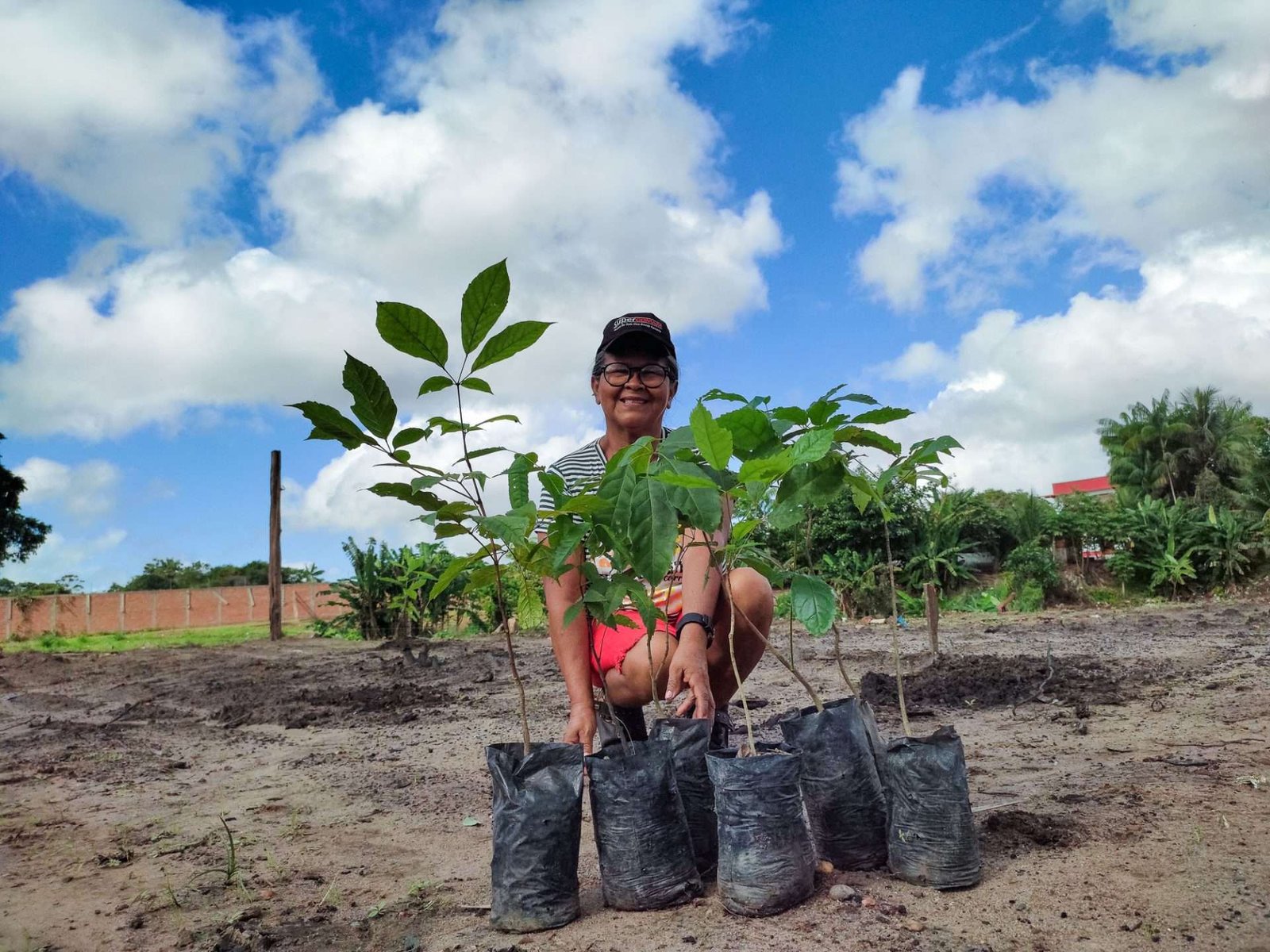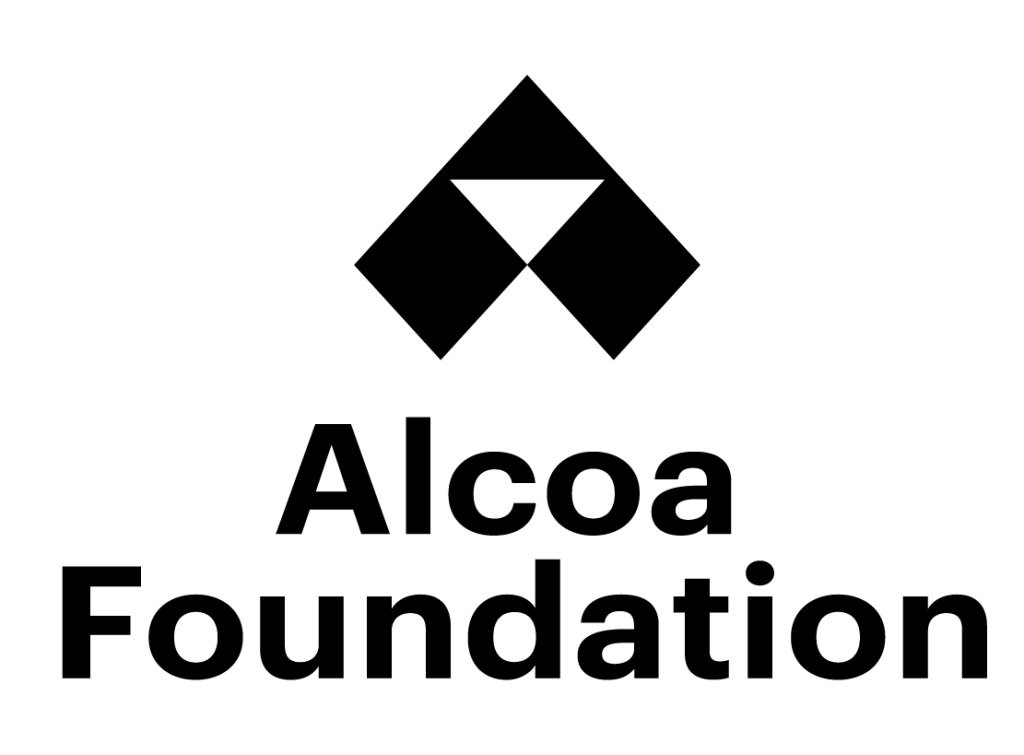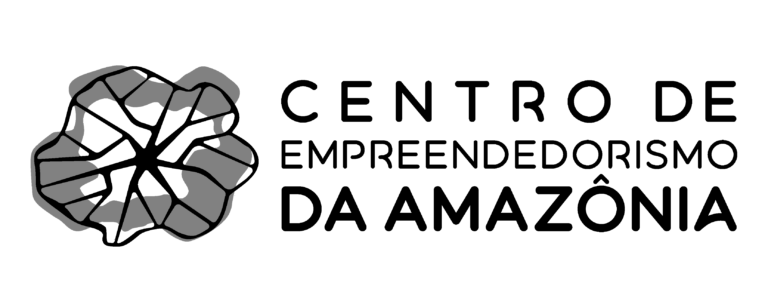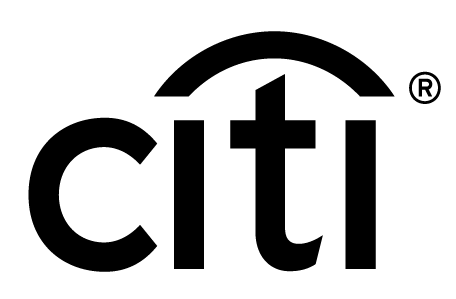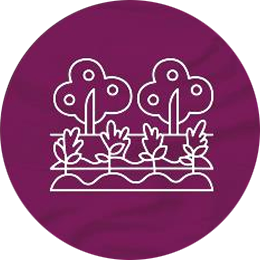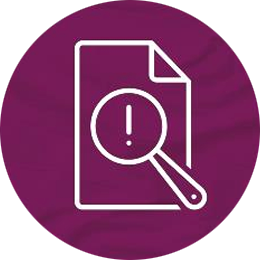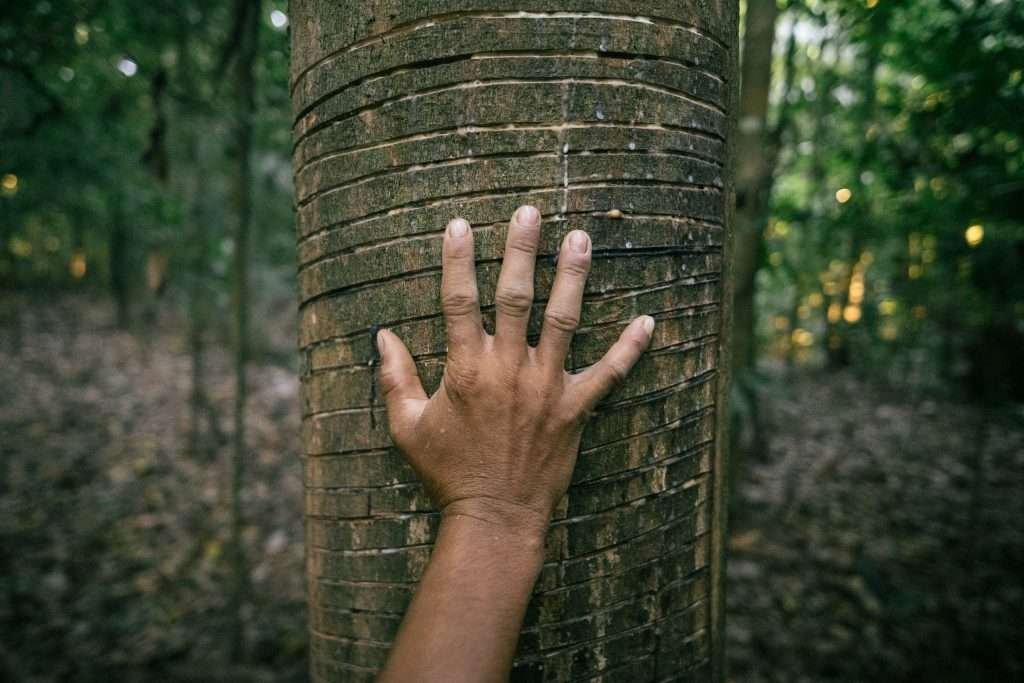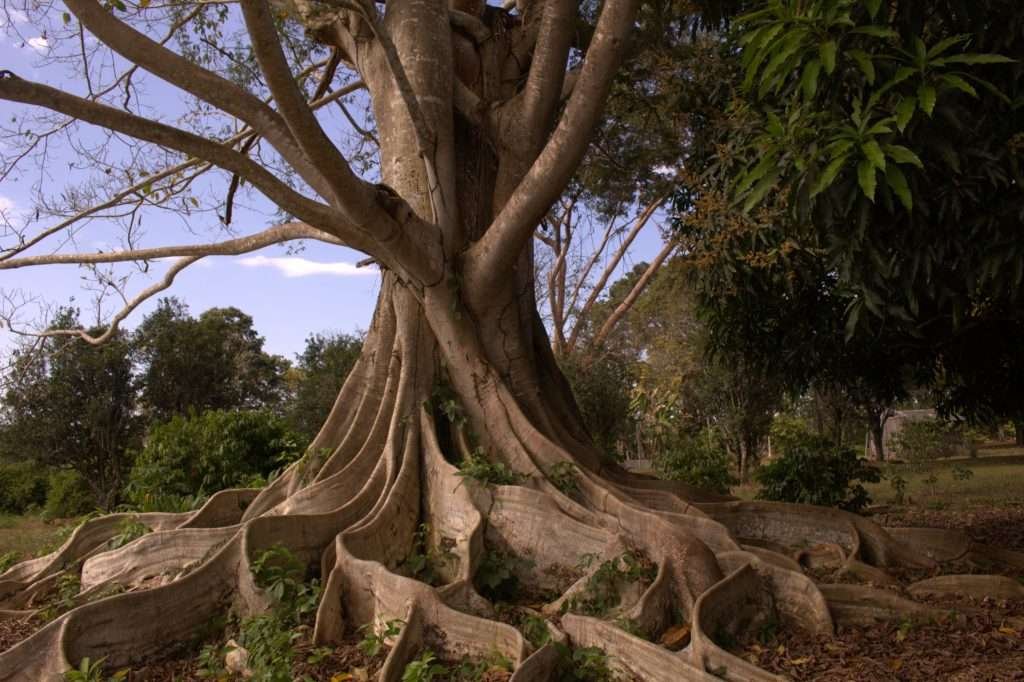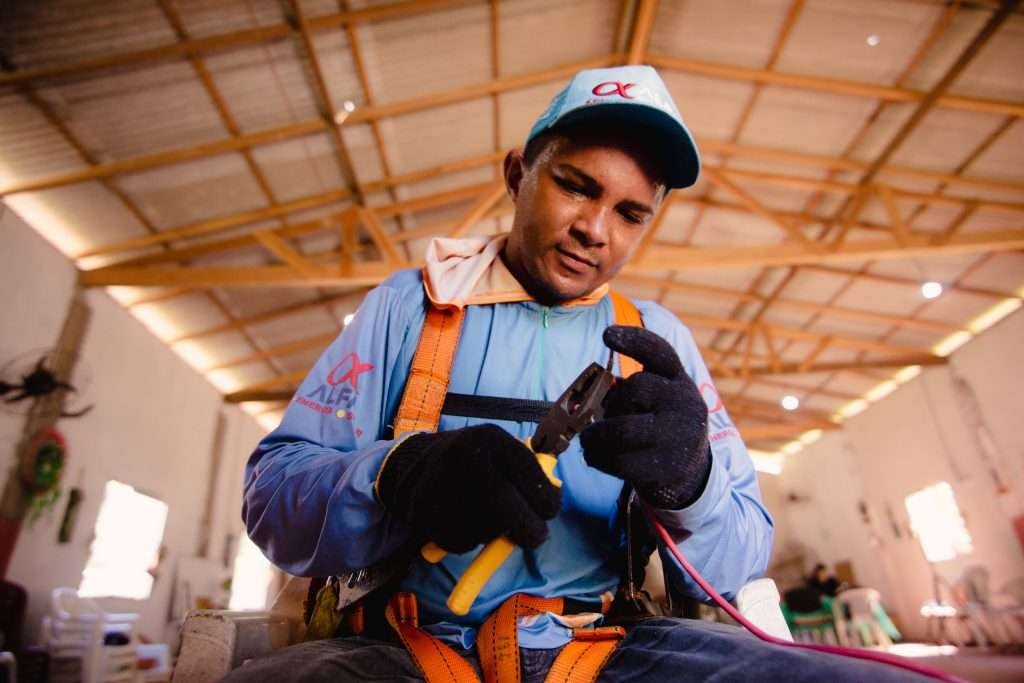THE Ingá – Sustainability and Management Indicators in the Amazon will support the formation of local human capital for autonomous management and leadership of the territory, protection and conservation of native forests, restoration of degraded areas, support for entrepreneurship and the structuring of the observatory of sustainable development indicators of the municipality of Juruti, working on the UN Sustainable Development Goals (SDGs) in the territory.
The project focuses on three important regions of the municipality of Juruti, the Curumucuri Agroextractive Settlement Project (PEAEX), through a partnership with the organizations ACOGLEC – Association of Communities of Gleba Curumucuri; the Curumucuri Mixed Cooperative, the PEAEX Prudente Monte Sinai through a partnership with the Association of Prudente and Monte Sinai Communities (ACOPRUMS) and the Jará Environmental Protection Area (APA), in partnership with the council of the Conservation Unit, in addition to actions in the urban area of the city.
The initiative is coordinated by Sustainable Juruti Institute (IJUS), with investments from USAID, from the Alcoa, of the Alcoa Institute, from the Partnership Platform for the Amazon (PPA), and partnerships of the Victoria Regia Institute (IVR), International Institute of Education of Brazil (IEB) and Bioversity/CIAT Alliance.

